上市公司高管激励合约有效性研究
硕士学位论文I摘要本文以委托代理理论、人力资本理论和激励理论为基础,首先设定研究的基本前提,通过对高管激励合约的有效性评价及其指标进行探讨,并分别从激励性和约束性机理两个方面来阐述高管激励合约的运行机理,再以我国上市公司2008年年报数据为样本(分别以总体公司样本、国有控股公司样本及民营控股公司样本为对象),对高管激励合约的激励性与约束性进行相关性分析和回归分析。本文研究主要得出如下结论与建议:一、上市公司经营绩效与高管的年度报酬呈显著正相关关系。因此,上市公司股东在设定高管年度报酬(年薪)激励合约时,应该根据公司经营绩效来支付高管年度报酬,以使其承担公司的经营风险,能有效识别高管人员经营管理...
相关推荐
-
10KV电网D-SCADA 系统信息采集与故障诊断研究与设计VIP免费
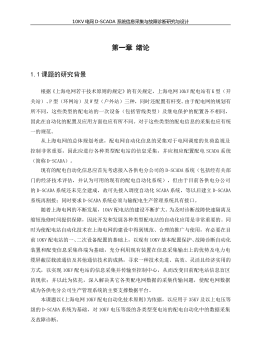
 2024-10-14 26
2024-10-14 26 -
方形吸顶散流器平送风等温射流特性研究VIP免费
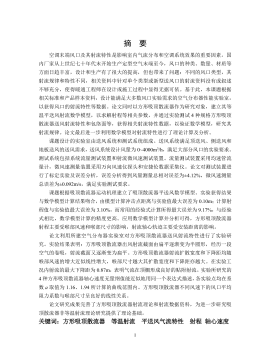
 2025-01-09 7
2025-01-09 7 -
关于充液声导波传感器中频散兰姆波的研究VIP免费
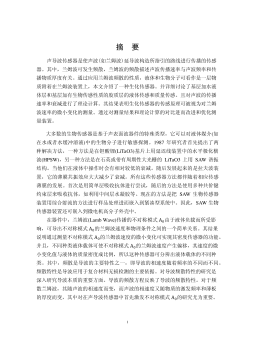
 2025-01-09 10
2025-01-09 10 -
结合梁斜拉桥施工过程中考虑剪力滞影响的分析方法VIP免费

 2025-01-09 6
2025-01-09 6 -
空调房间热舒适性的数值模拟与实验研究VIP免费
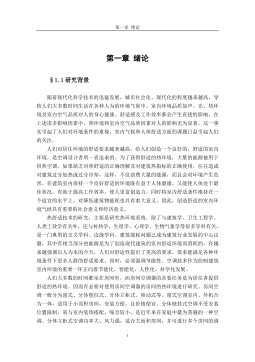
 2025-01-09 7
2025-01-09 7 -
汽车前轮线控转向系统研究VIP免费
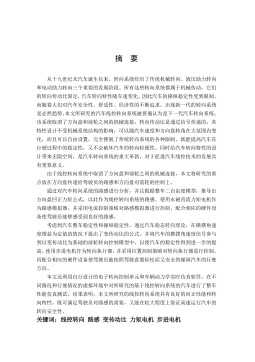
 2025-01-09 8
2025-01-09 8 -
输入分配型混合动力车辆动力系统控制策略研究VIP免费
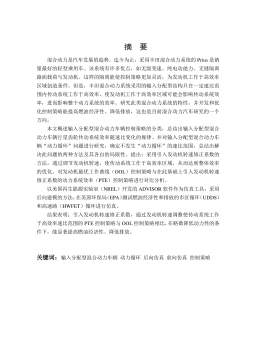
 2025-01-09 7
2025-01-09 7 -
双馈风力发电系统的柔性并网控制研VIP免费
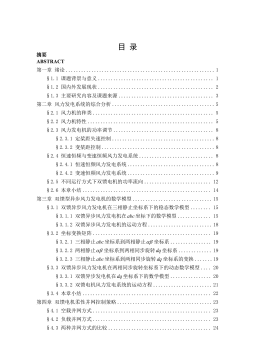
 2025-01-09 10
2025-01-09 10 -
污水处理厂污泥好氧堆肥发酵技术的试验研究VIP免费
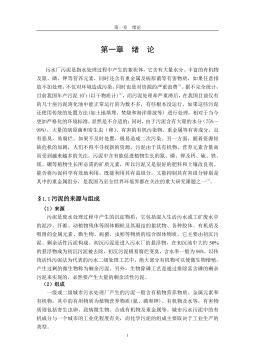
 2025-01-09 7
2025-01-09 7 -
应用风室试验装置的风机性能VIP免费
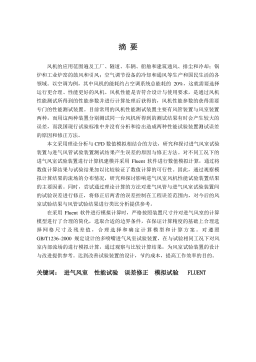
 2025-01-09 8
2025-01-09 8
相关内容
-

汽车前轮线控转向系统研究
分类:高等教育资料
时间:2025-01-09
标签:无
格式:PDF
价格:15 积分
-

输入分配型混合动力车辆动力系统控制策略研究
分类:高等教育资料
时间:2025-01-09
标签:无
格式:PDF
价格:15 积分
-

双馈风力发电系统的柔性并网控制研
分类:高等教育资料
时间:2025-01-09
标签:无
格式:PDF
价格:15 积分
-

污水处理厂污泥好氧堆肥发酵技术的试验研究
分类:高等教育资料
时间:2025-01-09
标签:无
格式:PDF
价格:15 积分
-

应用风室试验装置的风机性能
分类:高等教育资料
时间:2025-01-09
标签:无
格式:PDF
价格:15 积分






